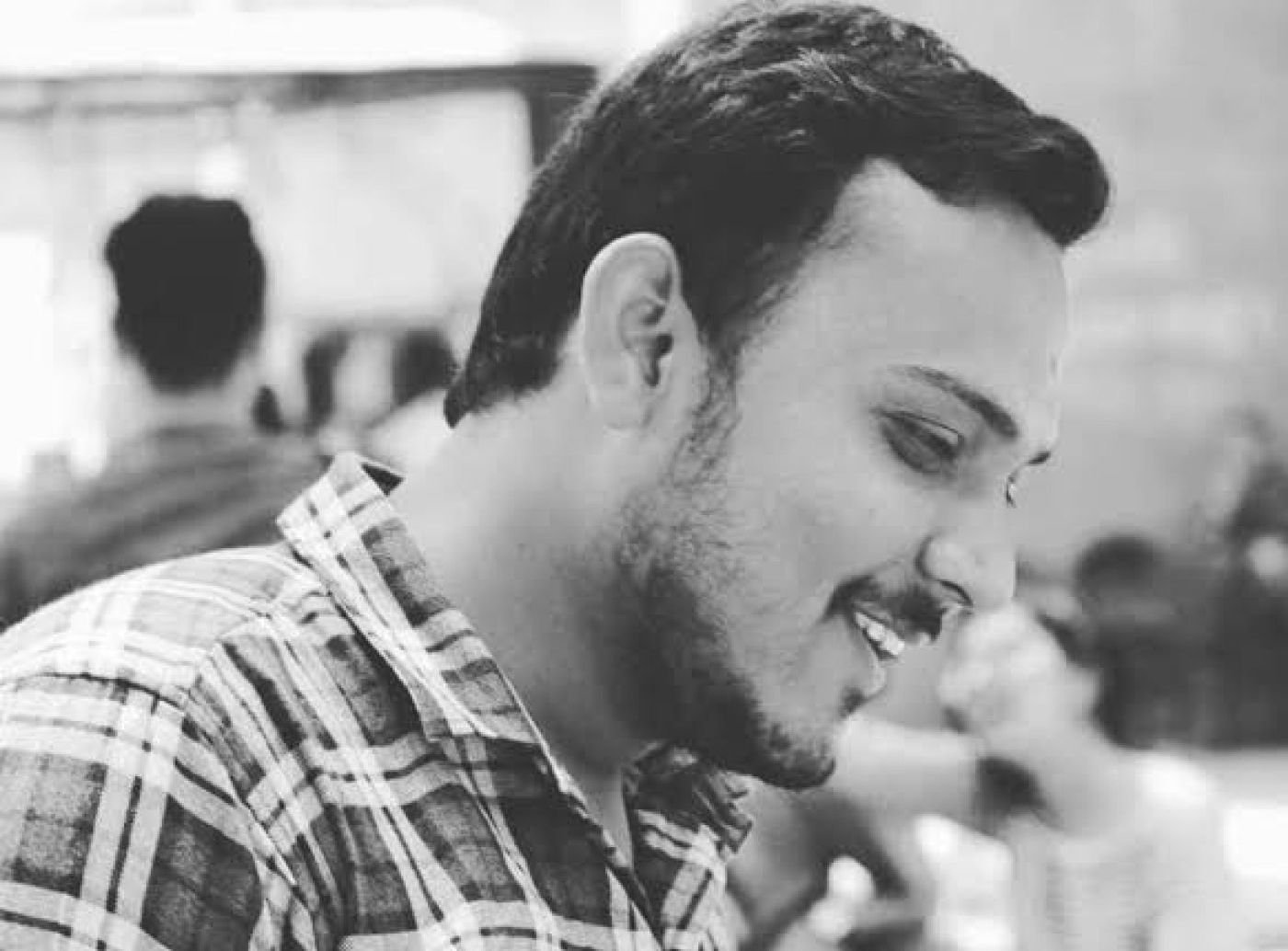
Delhi: “I languished in jail without any crime. This hurts.”
“‘Anti-national’ is a very big tag that affects your mental balance. You are preparing for UPSC to serve the country, but on the other hand, you are tagged as anti-national.”
These were some things that Masud Ahmed, a 29-year-old university graduate, told Article 14 in phone conversations over the summer after he was granted bail on 12 March 2024 following more than three years of incarceration in Uttar Pradesh.
Ahmed was one of the four Muslim men who were arrested on 5 October 2020 when they were on their way to Hathras district, where a 19-year-old Dalit woman was allegedly gang-raped by upper-caste men on 14 September 2020 and died in a hospital two weeks later.
The incident triggered national outrage against the sexual violence against women and caste crime in UP.
The four were accused of going to Hathras to incite communal violence and booked for sedition, outraging religious feelings, raising funds and conspiring to commit terrorist activity under India’s anti-terrorism law, the Unlawful Activities Prevention Act (UAPA), 1967.
The arrest of Siddique Kappan, a journalist from Kerala, was widely reported and focused attention on the case that was seemingly targeting four Muslims, including a Muslim journalist, with no evidence, in a state where anti-Muslim persecution was rising since the Bharatiya Janata Party (BJP) came to power at the centre in 2014 and UP in 2017, with Hindutva hardliner Yogi Adityanath as the chief minister.
This story was originally published in article-14.com. Read the full story here.

